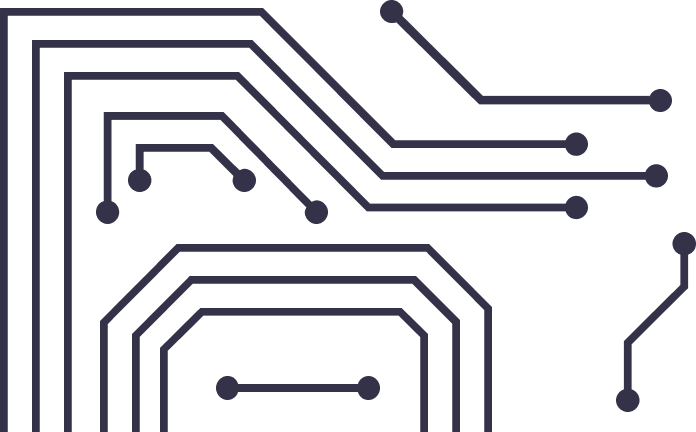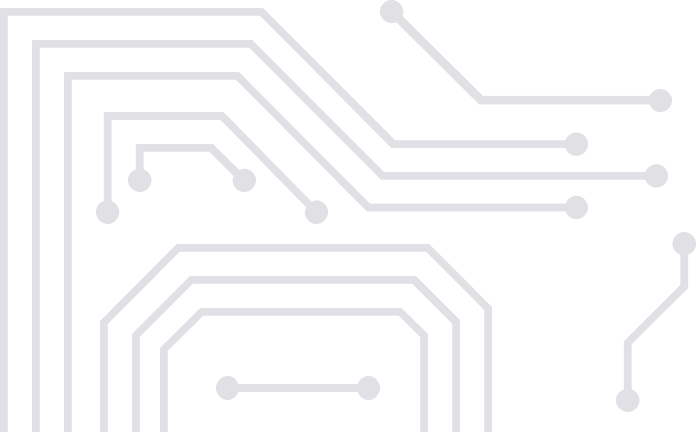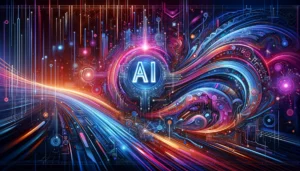The Importance of AI Security Audits: Safeguarding the Future of Technology

In the rapidly evolving world of technology, artificial intelligence (AI) has emerged as a transformative force. AI systems are integrated into various aspects of our daily lives, from virtual assistants on our smartphones to autonomous vehicles. While AI promises remarkable advancements, it also presents significant challenges, particularly in terms of security. In this article, we will delve into the realm of AI security audits, exploring why they are crucial in safeguarding the future of technology.
Understanding AI Security
Before delving into the importance of AI security audits, let’s grasp the concept of AI security itself. AI security pertains to protecting AI systems, algorithms, and data from potential threats, vulnerabilities, and attacks. These systems are not immune to risks, and without proper security measures, they can be exploited, leading to devastating consequences.
The Rising Concerns
As AI technology becomes more prevalent, so do the concerns surrounding its security. Several factors contribute to this growing unease:
1. Data Breaches and Privacy Concerns
AI systems rely heavily on data, and any breach of this data can have severe consequences. Privacy breaches, whether of personal or sensitive corporate data, can lead to significant financial and reputational damage.
2. Algorithm Vulnerabilities
AI algorithms are complex, and identifying vulnerabilities can be challenging. Malicious actors may exploit these vulnerabilities to manipulate AI systems for their gain.
3. Adversarial Attacks
Adversarial attacks involve manipulating AI systems by introducing subtle changes to input data, leading to incorrect or dangerous outputs. These attacks can be used to deceive autonomous vehicles, compromise security cameras, or even manipulate medical diagnoses.
The Role of AI Security Audits
AI security audits are the proactive measures taken to assess and enhance the security of AI systems. These audits play a pivotal role in mitigating the risks associated with AI technology:
1. Identifying Vulnerabilities
Through comprehensive audits, vulnerabilities within AI systems can be identified and rectified before malicious actors exploit them. This proactive approach is essential in ensuring AI security.
2. Testing for Robustness
AI security audits involve rigorous testing to evaluate the robustness of AI algorithms against various attacks. This ensures that AI systems can withstand adversarial attempts.
3. Data Privacy Compliance
Audits also ensure that AI systems adhere to data privacy regulations, safeguarding user information and preventing potential legal issues.
The Future of AI Security
The field of AI security is continuously evolving to keep pace with emerging threats. As AI technology advances, so must the measures to protect it. Here’s what the future of AI security audits might entail:
1. Advanced Threat Detection
AI-driven threat detection systems will become more sophisticated, identifying and mitigating security threats in real-time.
2. Ethical Considerations
AI security audits will encompass ethical evaluations to ensure that AI systems operate with fairness and transparency, addressing issues of bias and discrimination.
3. International Collaboration
Given the global nature of AI, international collaboration will be essential in setting standards and regulations for AI security audits.
In conclusion, AI security audits are not a luxury but a necessity in our AI-driven world. They are vital for safeguarding the integrity of AI systems, protecting data, and ensuring that AI technology continues to benefit humanity. As AI continues to evolve, so must our commitment to securing its future.
FAQs
1. What is an AI security audit?
An AI security audit is a comprehensive assessment of AI systems and algorithms to identify vulnerabilities, test for robustness, and ensure compliance with data privacy regulations.
2. Why are AI security audits important?
AI security audits are crucial to protect AI systems from potential threats, vulnerabilities, and attacks, safeguarding data and ensuring the ethical operation of AI technology.
3. How often should AI security audits be conducted?
The frequency of AI security audits depends on the complexity and criticality of the AI system. In general, regular audits, at least annually, are advisable.
4. Can AI security audits prevent all security threats?
While AI security audits significantly reduce the risk of security threats, they cannot guarantee absolute protection. Continuous monitoring and updates are essential.
5. What is the future of AI security?
The future of AI security involves advanced threat detection, ethical considerations, and international collaboration to address evolving threats and ethical concerns in AI technology.










